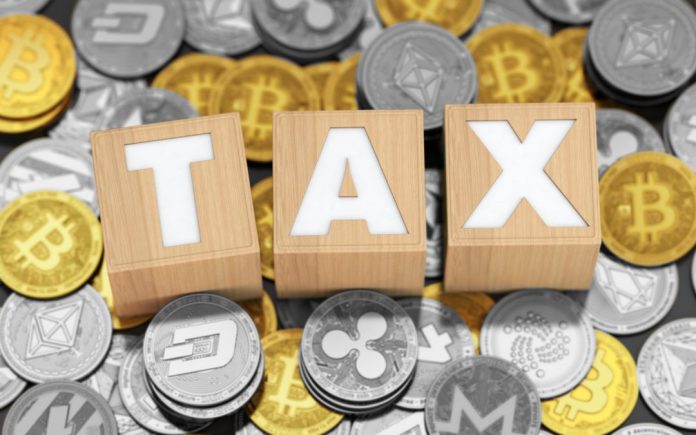EWN, earlier today, gave a report on several developments made by some countries which includes Japan, to impose harsh regulations in order to catch “cryptocurrency tax evaders.” However, this idea of vilifying this group of investors, most especially in the broader context of the 2018 market has sent a wrong message and will definitely backfire.
For one, placing taxes on cryptocurrencies is unnecessarily complex. While traditional media outlets have been publishing the rates of crypto customers actually paying taxes on their investment, a value which could be below 1% of the population participating, they fail to consider the severe complications of the present tax code. Although, market of stocks usually tax earnings from trades made by each individual, the crypto trading atmosphere where the execution of thousands of trades can be done by an average user in a year, doesn’t comply well to the same penal code.
On 4th December, the Japanese government announced a new initiative in order to enforce crypto taxation, which deals with the creation of a system that would track down individuals who are trying to evade tax.
While it is a bit surprising that a government will make an attempt to collect significant taxes being realized from crypto appreciation, most importantly during the bull run of 2017 that saw the currency skyrocket from $1000 to about $20,000, still indicates that most crypto traders are criminals.
Pushing cryptocurrency investors to scale through countless hoops of the tax code, sends a clear message that governments are determined to maintain their stand.
Rather than classify the cryptocurrency investment community as criminals, tax evaders and cheats, governments should search for a more reliable means to collect taxes on cryptocurrency gains. Furthermore, if governments simplify the tax code for cryptocurrencies, this will show their willingness to take the industry as a digital asset and a newly developing landscape rather treating cryptocurrency investors as 2nd class citizens.




